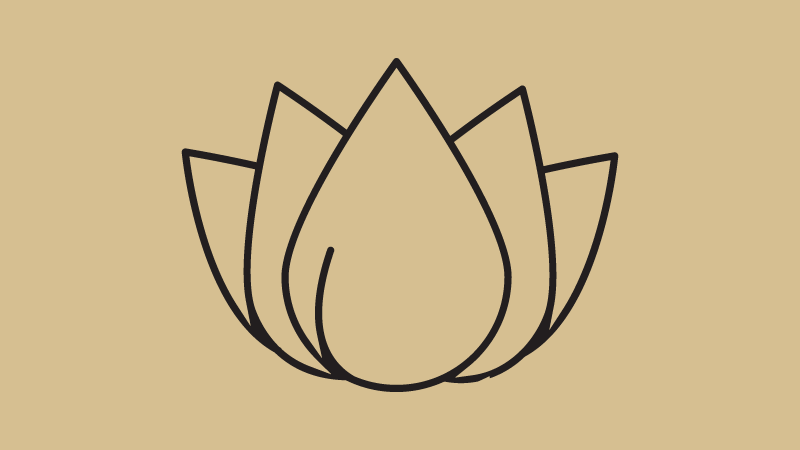November 10, 2021
’Tis the season for seasonal affective disorder; resources are available to help
 This information and these resources mentioned above and below support the behavioral health pillar of Purdue’s Healthy Boiler Program.
This information and these resources mentioned above and below support the behavioral health pillar of Purdue’s Healthy Boiler Program.
Winter is approaching … confirmed by the cooler temperatures, falling leaves and shorter days, which of course results in less daylight. The change in season can cause a type of depression and change in mood known as seasonal affective disorder (SAD).
SAD is defined as “depression associated with late autumn and winter and thought to be caused by a lack of light.” In addition to the cold temperatures, dark days and bad weather associated with winter, the holidays can increase stress and feelings of depression. According to the American Psychiatric Association, about 5 percent of adults in the U.S. experience SAD, and it typically lasts about 40 percent of the year. The association also reports that January and February tend to be the most difficult months for individuals in the U.S. with SAD.
Being aware of any new or increased symptoms of depression is important. According to Melissa Covarrubias, behavioral health counselor at the Center for Healthy Living (CHL) on Purdue’s West Lafayette campus, symptoms of SAD can include but are not limited to:
- Change in sleep.
- Increased feelings of guilt or worry.
- Increased susceptibility to illness (significant increase in getting sick with colds or flu).
- Lack of concentration; inability to focus.
- Loss of interest in things that used to be enjoyed.
- Overall lack of energy; tiredness; sluggishness.
- Weight gain.
Covarrubias offers the following tips for those experiencing signs of seasonal affective disorder:
- Always make sure that you have access to a window to feel some of the natural light. On the especially gloomy days, it can be helpful to purchase a sun lamp to help mimic the sunshine you may be missing.
- It is also helpful to limit TV time and to create a productive routine of exercising, eating healthy and drinking enough water. If it’s too cold outside or you don’t feel motivated to go to the gym, you can access multiple different types of workout routines through your streaming services or on YouTube. (See the Healthy Boiler Workshops webpage for virtual yoga and more; classes are posted as they are available.)
- Making sure that you are mindfully being productive and changing up your routine during these months can be beneficial and helpful to deter some of the symptoms you are experiencing from SAD.
MORE INFORMATION
For those who are unsure if what they’re experiencing is SAD, the BetterHelp online therapy platform offers an article titled “Do I Have SAD-Seasonal Affective Disorder?”
SupportLinc, the employee assistance program for employees on the West Lafayette campus, provides a flash course on seasonal affective disorder as well as a tip sheet and article with more information. To schedule an appointment with a SupportLinc EAP counselor, call 888-881-5462 or log into the SupportLinc website (username: purdue).
Resources mentioned above and below support the behavioral health pillar – which advocates for integrated care programs that focus on behavioral health and community support – of Purdue’s Healthy Boiler Program.
ADDITIONAL MENTAL HEALTH RESOURCES
Faculty and staff resources
As one of the five pillars of the Healthy Boiler Program, behavioral health plays a key role in overall employee well-being. Resources are available to faculty, staff and students at Purdue. The Mental Health Resources webpage offers a list of resources offered via Purdue and the community.
To assist students
Faculty and staff who work with students or have a student at home can direct students to the resources below for behavioral health assistance. Note: LiveHealth Online Psychology and LiveHealth Online Psychiatry services are also available to Purdue students who are covered on a Purdue health plan. Mental health visits through LiveHealth Online are covered at 100 percent on the Purdue student health plan.
Office of the Dean of Students
- Continuous Network of Support
- Services and information
- Presentations and trainings
- Student of Concern reporting link
Counseling and Psychological Services (CAPS)
- Therapy services at CAPS
- Self-help resources
- Group therapy
- CAPS YouTube channel
- NAMI On Campus – A free, virtual support group on campus.
- Thriving Campus – Service that provides students a way to search for mental health providers in many areas, locally and across the country.
- WellTrack – Interactive, self-help therapy app.

